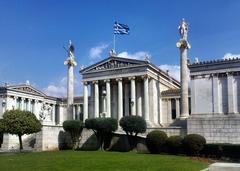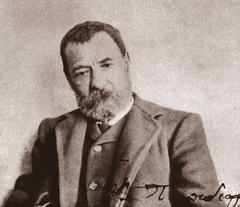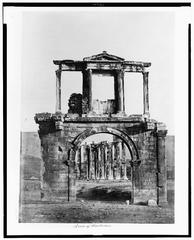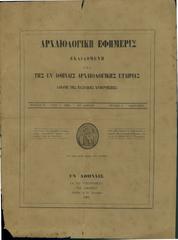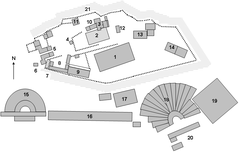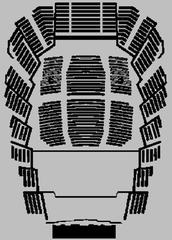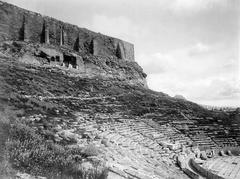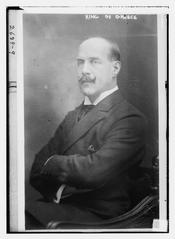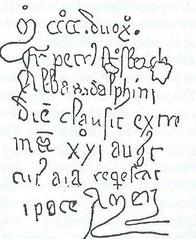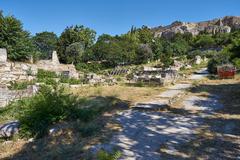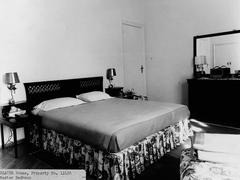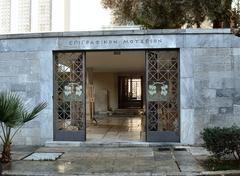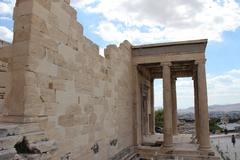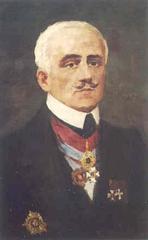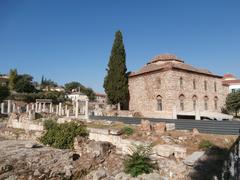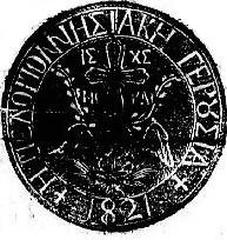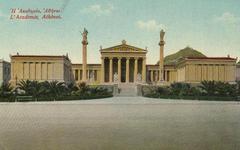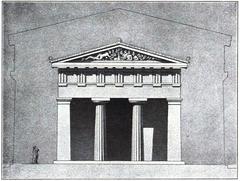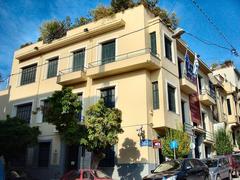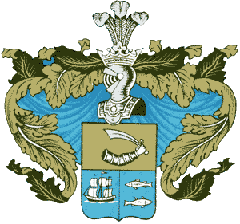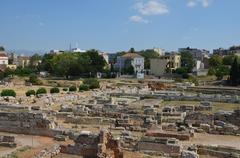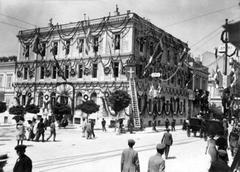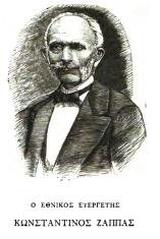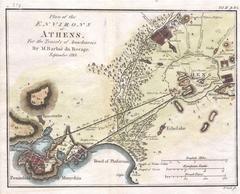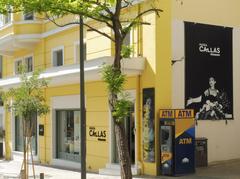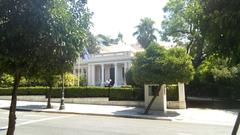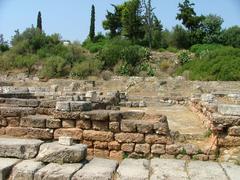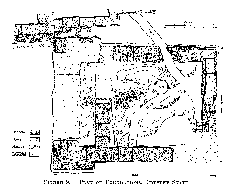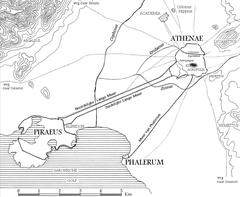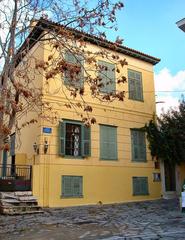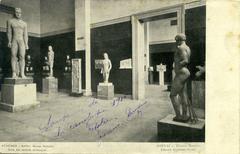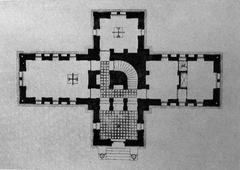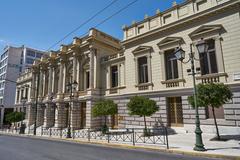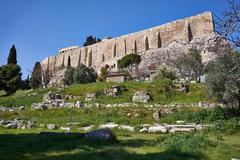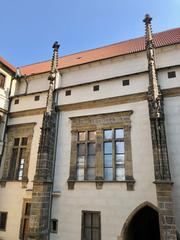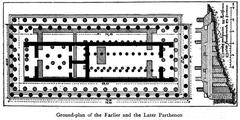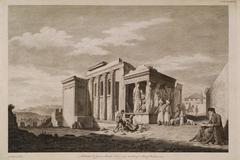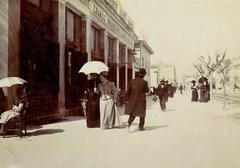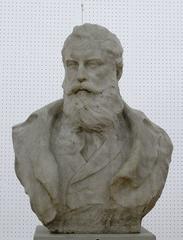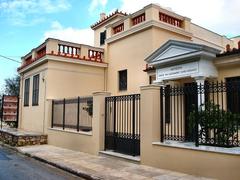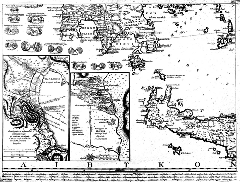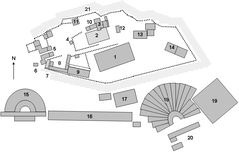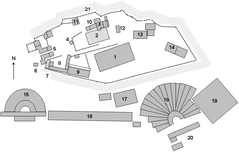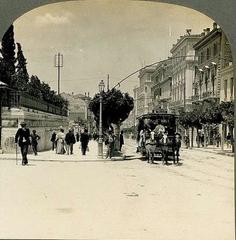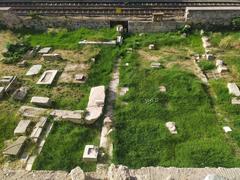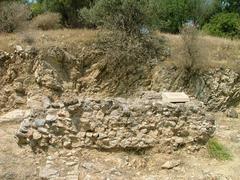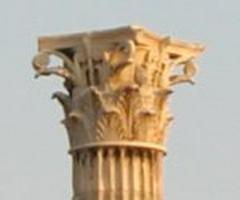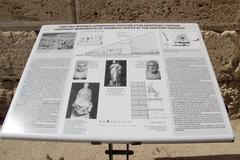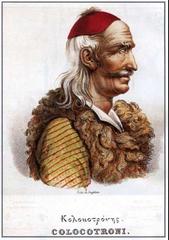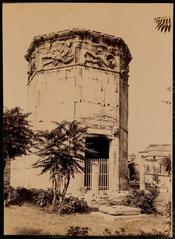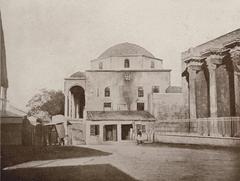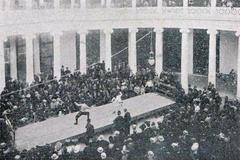Embassy of Norway in Athens: Visiting Hours, Services, and Tourist Guide
Date: 04/07/2025
Introduction
The Embassy of Norway in Athens stands as a symbol of Norway–Greece diplomatic relations, cultivated since 1918. Officially opened in 1974, the embassy reflects Norway’s commitment to democratic values, cultural exchange, and bilateral cooperation. It provides a range of consular services for Norwegian citizens, processes visas for Greek and third-country nationals, and supports economic and cultural initiatives. Conveniently located at Hatziyianni Mexi Street 5 in the central Ampelokipi district, the embassy is accessible via public transportation and is fully equipped for visitors with disabilities. Beyond its diplomatic role, the embassy actively promotes Norwegian-Greek cultural ties through events like Constitution Day and partnerships with institutions such as the Norwegian Institute at Athens. This guide offers a detailed overview for tourists, Norwegian nationals, and Greek citizens on visiting the Norwegian Embassy in Athens, navigating consular and visa procedures, and understanding its historical and cultural significance (Norwegian Embassy in Athens, Greece–Norway relations, Embassies.info).
Table of Contents
- Historical Background and Diplomatic Significance
- The Embassy’s Role Today
- Location, Visiting Hours, and Contact Information
- Accessibility and Transportation
- Consular Services and Visa Procedures
- Appointment Booking and Security
- Embassy Structure and Visitor Facilities
- Honorary Consulates in Greece
- Nearby Attractions and Cultural Events
- Practical Visitor Tips
- Frequently Asked Questions (FAQ)
- Summary and Final Recommendations
- References
Historical Background and Diplomatic Significance
Norway and Greece established official diplomatic relations in 1918 (Norwegian Embassy in Athens). The Norwegian Embassy in Athens opened in 1974, a pivotal period during Greece’s return to democracy, demonstrating Norway’s support for democratic reforms and closer bilateral ties (Wikipedia: Greece–Norway relations). Greece’s embassy in Oslo was inaugurated in 1980, solidifying reciprocal relations.
Both countries are NATO members and collaborate on a range of international issues, including human rights and scientific cooperation. Early milestones include Greece’s 1925 signing of the Svalbard Treaty, supporting Norwegian sovereignty and shared commercial rights (Wikipedia: Greece–Norway relations).
The Embassy’s Role Today
The Royal Norwegian Embassy serves as a focal point for diplomatic engagement, economic collaboration, and cultural exchange. It assists Norwegian businesses in Greece—particularly in maritime, renewable energy, and seafood sectors—and fosters cultural initiatives, such as supporting the Norwegian Institute at Athens (Wikipedia: Greece–Norway relations).
Norway’s EEA Grants, managed in part through the embassy, fund projects in Greece on climate, innovation, civil society, and migration, emphasizing sustainable development and regional stability.
Location, Visiting Hours, and Contact Information
Address: Hatziyianni Mexi Street 5, 115 28 Athens, Greece
Visiting Hours: Monday to Friday, 09:30–13:00 (by appointment only)
Telephone: +30 210 72 46 173
Email: [email protected]
Immigration Email: [email protected]
Official Website: https://www.norway.no/en/greece/
For directions, see the Embassies.info location page.
Accessibility and Transportation
Public Transport
The embassy is near the Megaro Moussikis metro station (Line 3 – blue line), which provides direct connections to Syntagma Square and Athens International Airport (Athens Metro Map). Numerous bus lines run along Vasilissis Sofias Avenue.
Accessibility
The embassy is wheelchair accessible and adheres to Norwegian and EU standards, with ramps and elevators available. Visitors with special requirements are encouraged to contact the embassy in advance (Norway.no Accessibility Statement).
Consular Services and Visa Procedures
Services Offered
- Passport renewals for Norwegian citizens
- Visa processing (Schengen and national/residence visas)
- Notarial and legalization services
- Emergency assistance (lost passports, medical/legal issues)
- Information about Norway and travel advice
Visa Application Process
- Determine Visa Type: Visit the UDI website for details on short-stay (Schengen) and long-term (residence) visas.
- Complete Application:
- Short-stay: Use the Schengen visa form.
- Long-stay: Apply via the UDI Application Portal.
- Prepare Documents:
- Valid passport
- Application form
- Passport photos
- Medical insurance (min. €30,000 coverage)
- Proof of accommodation and financial means
- Supporting documents (invitation, business letter, etc.)
- Full checklist
- Book an Appointment: Contact the embassy via phone or email.
- Submit Application & Pay Fees: Attend the appointment with all documents. Fees: €80 (adults), €40 (children 6–12); exemptions apply (UDI fees info).
- Processing: Standard processing is 15 days, possibly up to 45 days.
For further information, consult the Norway.no visa page.
Appointment Booking and Security
All visits require a prior appointment.
- Book via phone or email. Walk-ins are not accepted.
- Arrive at least 15 minutes early to clear security.
- Bring valid ID, appointment confirmation, and required documents.
- Security screening is mandatory; photography inside the embassy is prohibited.
Embassy Structure and Visitor Facilities
The embassy occupies a modern, multi-story building designed for security and efficiency. Facilities include a reception area, comfortable waiting room with air conditioning, restrooms, free Wi-Fi, and informational brochures in Norwegian and English.
Honorary Consulates in Greece
Norway maintains honorary consulates in Thessaloniki, Corfu, Piraeus, Chania, Heraklion, Kos, Patras, and Rhodes (123Embassy). These offices provide localized assistance and extend the embassy’s reach.
Nearby Attractions and Cultural Events
The embassy’s Ampelokipi location is near many notable Athens sites:
- Mount Lycabettus: Panoramic city views
- Panathenaic Stadium: Site of the first modern Olympics
- Syntagma Square: Central square and Parliament
- Acropolis: Ancient citadel easily reached via metro
The embassy also hosts cultural events, such as Constitution Day celebrations on May 17th (Norwegian Embassy in Athens).
Practical Visitor Tips
- Arrive early to avoid delays.
- Dress code: Business casual is recommended.
- Language: Staff can assist in Norwegian, Greek, and English.
- Check for public holidays (Norwegian and Greek) before visiting (Embassies.info).
- Special needs: Contact the embassy ahead for accessibility arrangements.
Frequently Asked Questions (FAQ)
Q: Can I visit without an appointment?
A: No, all visits require a scheduled appointment.
Q: Does the embassy issue tourist visas?
A: Yes, for eligible nationals; Greek citizens do not need a visa for short visits to Norway.
Q: Is the embassy accessible for people with disabilities?
A: Yes, with full wheelchair access.
Q: Are public events held at the embassy?
A: Yes, such as Constitution Day and cultural exhibitions.
Q: How do I reschedule my appointment?
A: Contact the embassy by phone or email as soon as possible.
Q: What emergency services are available?
A: Emergency travel documents and support for Norwegians in distress.
Summary and Final Recommendations
The Norwegian Embassy in Athens is a cornerstone of Norway–Greece relations, offering essential services and fostering economic, cultural, and academic collaboration. Its central location, accessible design, and dedicated staff make it easy for visitors to navigate consular and visa processes. Plan ahead by scheduling appointments, preparing documents, and checking for updates on the embassy’s website. Take advantage of cultural events and explore nearby Athens landmarks to enrich your visit. For continued updates and assistance, consider using the Audiala app.
